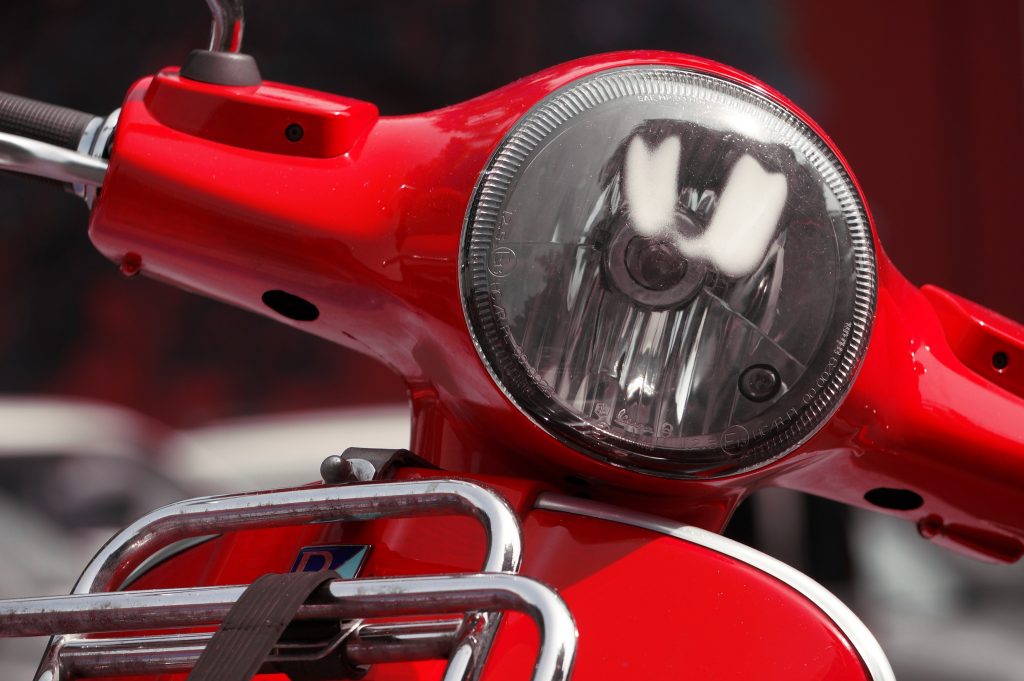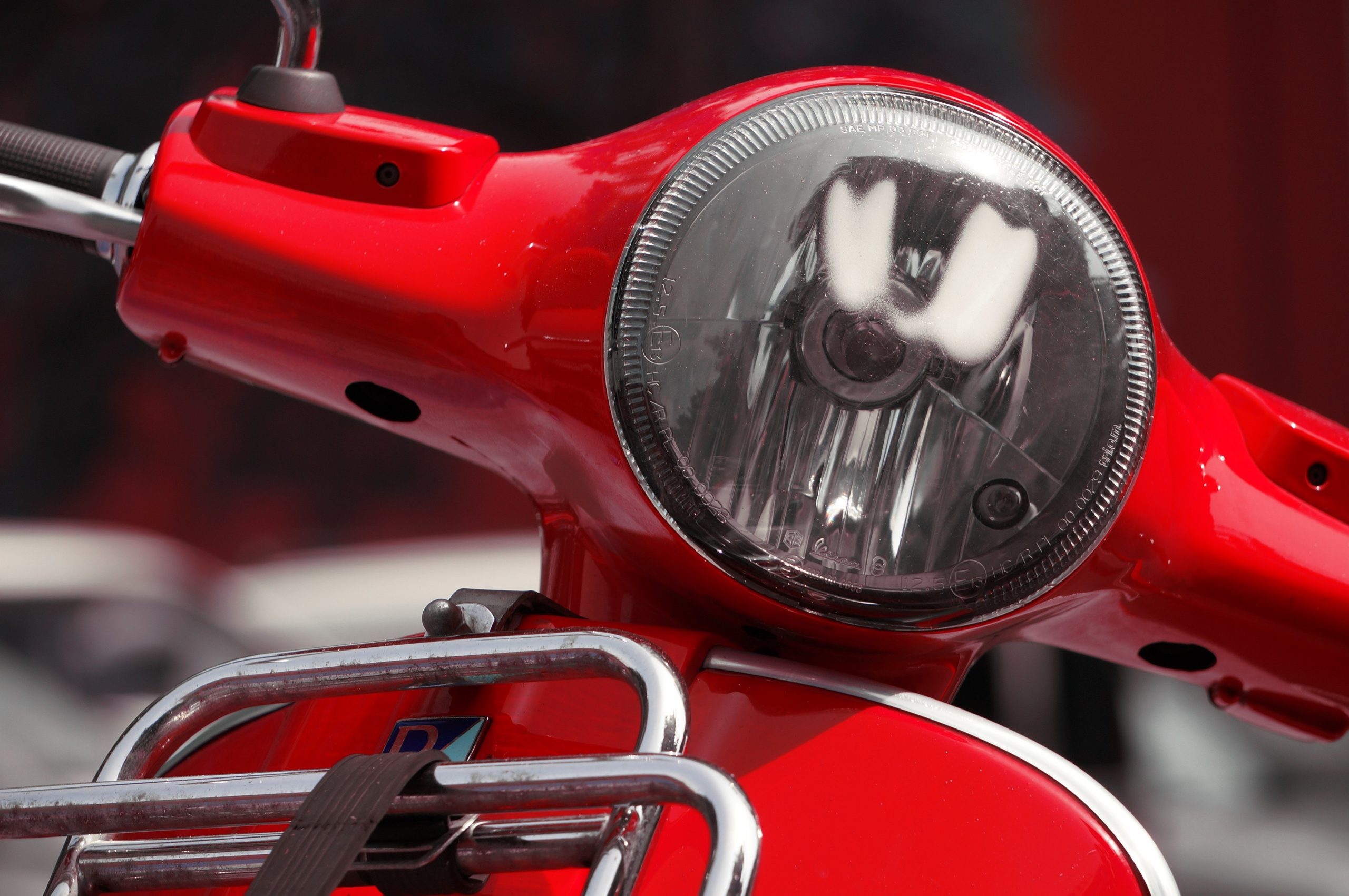Don't miss our holiday offer - 20% OFF!

Read also : Automated Parking Concept: Smart Solution for Availability
Electric motors are remarkable innovations in the automotive industry. They are environmentally friendly, efficient, and durable. However, like all machines, electric motors also require proper maintenance to perform optimally. One key factor in electric motor maintenance is maintaining the right humidity levels. It’s time to delve into the crucial role of humidity sensors in safeguarding the health of your electric motor.
Contents
Humidity Sensors: What Are They and How Do They Work?

Read also : Weather Sensors Controlling External Weather Factors
Humidity sensors are electronic devices designed to measure the humidity levels in their surroundings. They work by detecting changes in electrical conductivity caused by changes in air humidity. These sensors are highly useful in various applications, including electric motors.
In electric motors, sensors designed for environmental conditions can be strategically placed in various critical locations. They are typically situated within motor components to monitor the surrounding atmospheric conditions. When the conditions exceed a safe threshold, sensors deliver early warnings to motor owners.
Why Humidity Is an Electric Motor’s Foe?

Read also : Security and Privacy in Connected Parking Systems: Challenges and Solutions
Excessive humidity can be a major enemy of electric motors. High humidity can lead to several serious issues, including:
Corrosion
Elevated moisture levels can induce corrosion on metal components within the motor, leading to damage to protective coatings and a reduction in the motor’s lifespan.
Poor Insulation
Elevated moisture levels can also harm the insulation of motor cables and windings. This can result in short circuits and significant motor damage.
Reduced Efficiency
Excessive moisture can reduce the efficiency of electric motors. This can lead to higher energy consumption and diminished motor performance.
The Role of Humidity Sensors

Read also : Security and Preparedness Enhanced by Smart EWS Technology
Humidity sensors play a vital role in maintaining electric motor health by:
Detecting Environmental Changes
Sensors continuously monitor the conditions around the motor. They detect changes that could harm the motor.
Providing Early Warnings
When humidity sensors detect unsafe conditions, they offer early warnings to motor owners. This allows for timely preventive actions.
Preventing Serious Damage
With early warnings, motor owners can take action to prevent serious damage to electric motors.
Conclusion

Read also : Electrical Sensors Enhancing Energy Efficiency and Cost Savings
Electric motors are valuable investments, and maintaining their health is a must. Sensors are invaluable tools in keeping electric motors in optimal condition. By monitoring and controlling the environment around the motor, you can extend its lifespan and avoid costly damage. So, don’t underestimate the vital role of sensors in caring for your electric motor.





